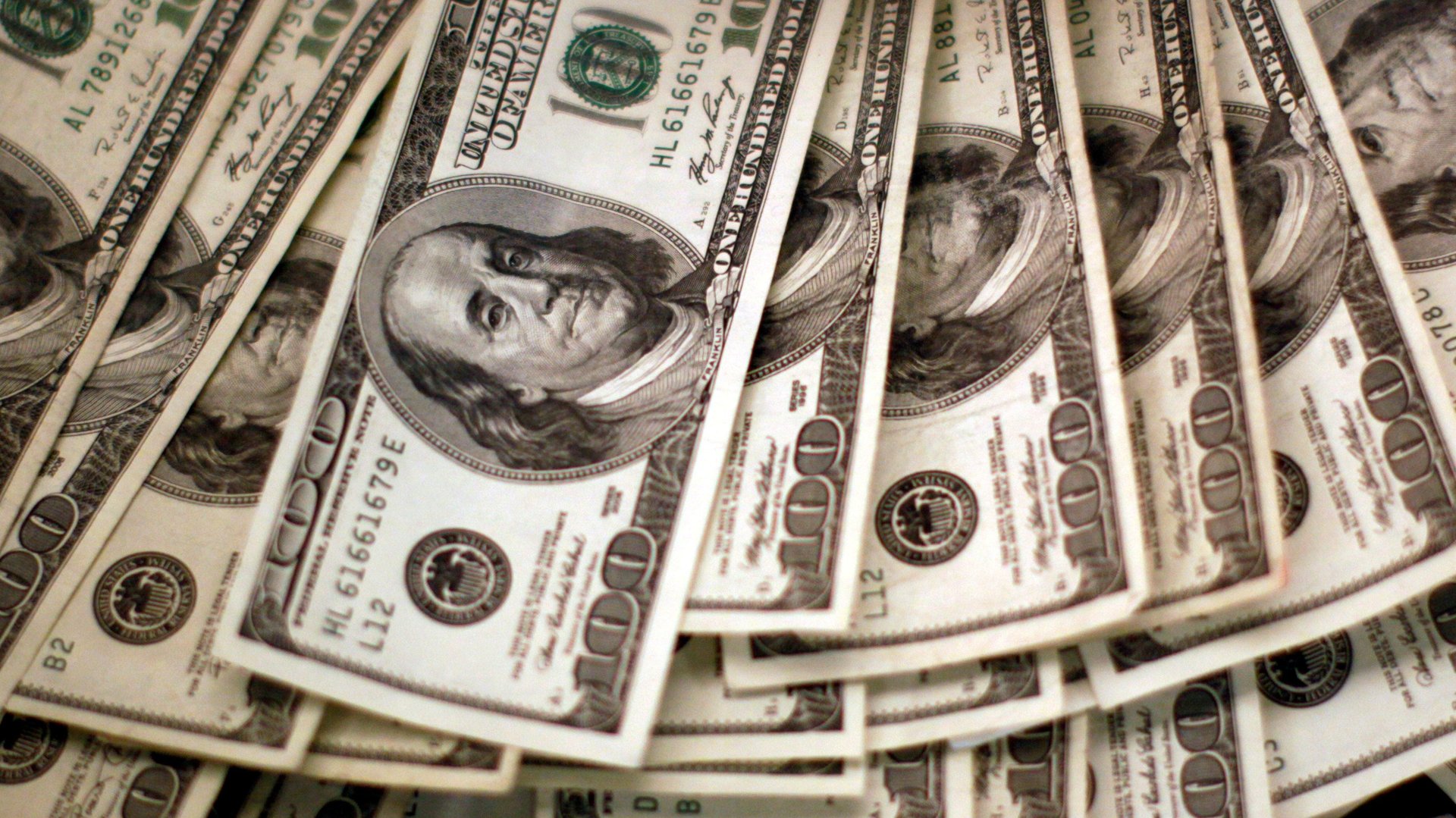The boom in US GDP does not match what’s happening to Americans’ wallets
The US economy may have grown a lot in the third quarter, recouping much of the decline from the early months of the pandemic, but personal income dropped, highlighting the challenging financial situation for millions of Americans ahead of the election on Tuesday.


The US economy may have grown a lot in the third quarter, recouping much of the decline from the early months of the pandemic, but personal income dropped, highlighting the challenging financial situation for millions of Americans ahead of the election on Tuesday.
The latest report from the US Bureau of Economic Analysis (BEA) shows gross domestic product grew at a seasonally adjusted annual rate of 33.1%, or 7.4% between the second and third quarter of this year. However, personal income actually fell on the quarter, by more than $540.6 billion, or 2.7%.
Though current levels are still nearly 5% higher than in the first quarter, it’s only thanks to the government’s stimulus payments such as the $1,200 checks sent out earlier this year and the weekly $600 unemployment supplement benefit that expired in July. At this point, it’s unclear when—or whether—Congress might renew that help.
The drop would have been larger were it not for increases in income from both regular and self-employment, according to BEA. The pandemic seems to be spurring a wave of entrepreneurship. New business applications spiked to more than 1.5 million during the third quarter, according to data from the US Census Bureau, and small business retailer platform Etsy is adding 45,000 to 50,000 new sellers per week. The company’s third-quarter sales grew to more than $451 million, a year-over-year increase of more than 128%.
Even with the government assistance payments and this increase in entrepreneurship, many people drew upon their personal savings to deal with layoffs, reduced work hours, or remote schooling and childcare responsibilities. This pulled US personal savings in the third quarter down about 40% to $2.78 trillion, compared with $4.71 trillion in the second quarter. The share people saved out of their disposable personal income—known as the personal savings rate—also fell during the same period, to 15.8% from 25.7%.
Ludovic Subran, chief economist for the German financial services company Allianz, said the boost from government stimulus programs has run its course. The lack of spending on discretionary items, along with a lack of a new stimulus package, could both hurt the economy in the fourth quarter and affect holiday sales. “Congress must act as moratoriums on evictions will be ending, consumer delinquencies are piling up, and there are even increased incidences of hunger,” he wrote.